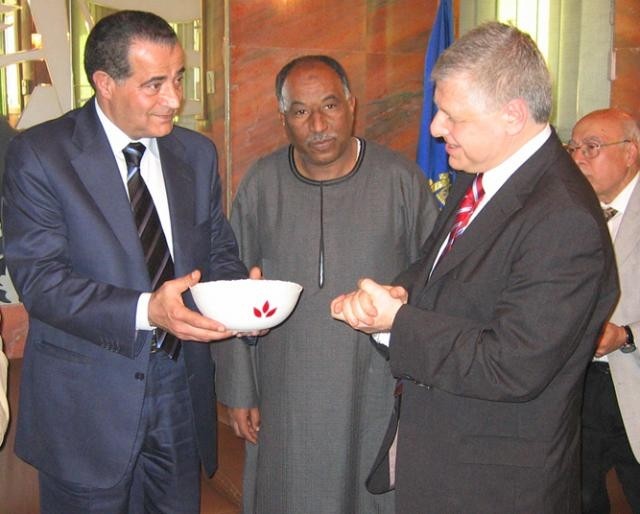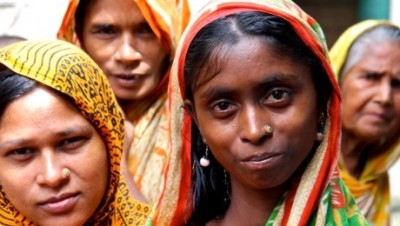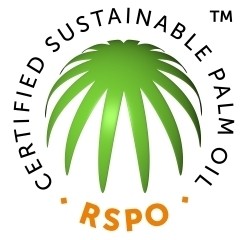Nutrition NGO responds to COI attack: We cannot “continue to exclude business”

“Nutrition at the global level has made little progress for decades and today there is a crisis which cannot be addressed if we continue to exclude business,” said GAIN spokesperson, Steve Godfrey.
The debate comes as the World Health Organisation (WHO) stated recently that it wanted to know more about the nature of GAIN’s food industry links before granting it membership of the World Health Assembly.
“essential to engage with those who actually produce and distribute foods”
Godfrey added with a billion people hungry, 160 million children stunted and 1.4bn people overweight or obese, “we need all stakeholders involved if we are going to solve this problem.”
“It is also important that we have pragmatic and practical approaches in fighting malnutrition, that are based on evidence and results, not preconception. The fact is that the private sector including farmers produce and distribute virtually all the food which poor people consume.
“In order to empower poor people to have and make better nutrition choices for their children, it is essential to engage with those who actually produce and distribute foods.”
Briefcase NGO?
Pro-breastfeeding lobbyists last week accused the group that counts most of the world’s big food and ingredient companies as members, as a “briefcase NGO”, saying GAIN’S philanthropic work enabled commercial opportunities for its members including infant formula makers.
The International Baby Food Action Network (IBFAN) said GAIN had lobbied both the Kenyan government and international food standards body Codex Alimentarius, to ease marketing restrictions on select baby foods and infant formulas.
“What role does an NGO have lobbying to open up markets for large food companies? They are a brief case NGO,” IBFAN’s Patti Rundall, OBE, said.
IBFAN said it, “is not seeking to eliminate food businesses from the development scene but is simply saying that businesses who are the providers of commodities and those who work on their behalf, should be kept away from the policy setting process.”
“GAIN claims that it does not have partnerships with companies which violate the International Code yet its Business Alliance includes Mars, Pepsi, CocaCola and Danone - the world’s second largest baby food company and a major violator of the International Code.”
“robust dialogue with business”
GAIN said it was ranked number 50 in the top 100 NGOs globally and made a point to affirm its backing for breastfeeding until at least the age of 24 months where possible, “with the introduction of appropriate, adequately nutritious complementary foods from 6 months of age.”
“GAIN has been a wholehearted supporter of WHO guidelines on infant formula and complementary feeding for infants. GAIN fully and actively supports the International Code of Marketing of Breast Milk Substitutes and the subsequent relevant World Health Assembly resolutions. GAIN does not have partnerships with companies which violate the Code.”
“GAIN believes in a robust dialogue with business, both to address corporate practices that undermine good nutrition, as well as engaging it in tackling a growing global food crisis.”
Godfrey added: “We operate in the public interest and that of the malnourished, and would never let commercial interests compromise this principle.”









